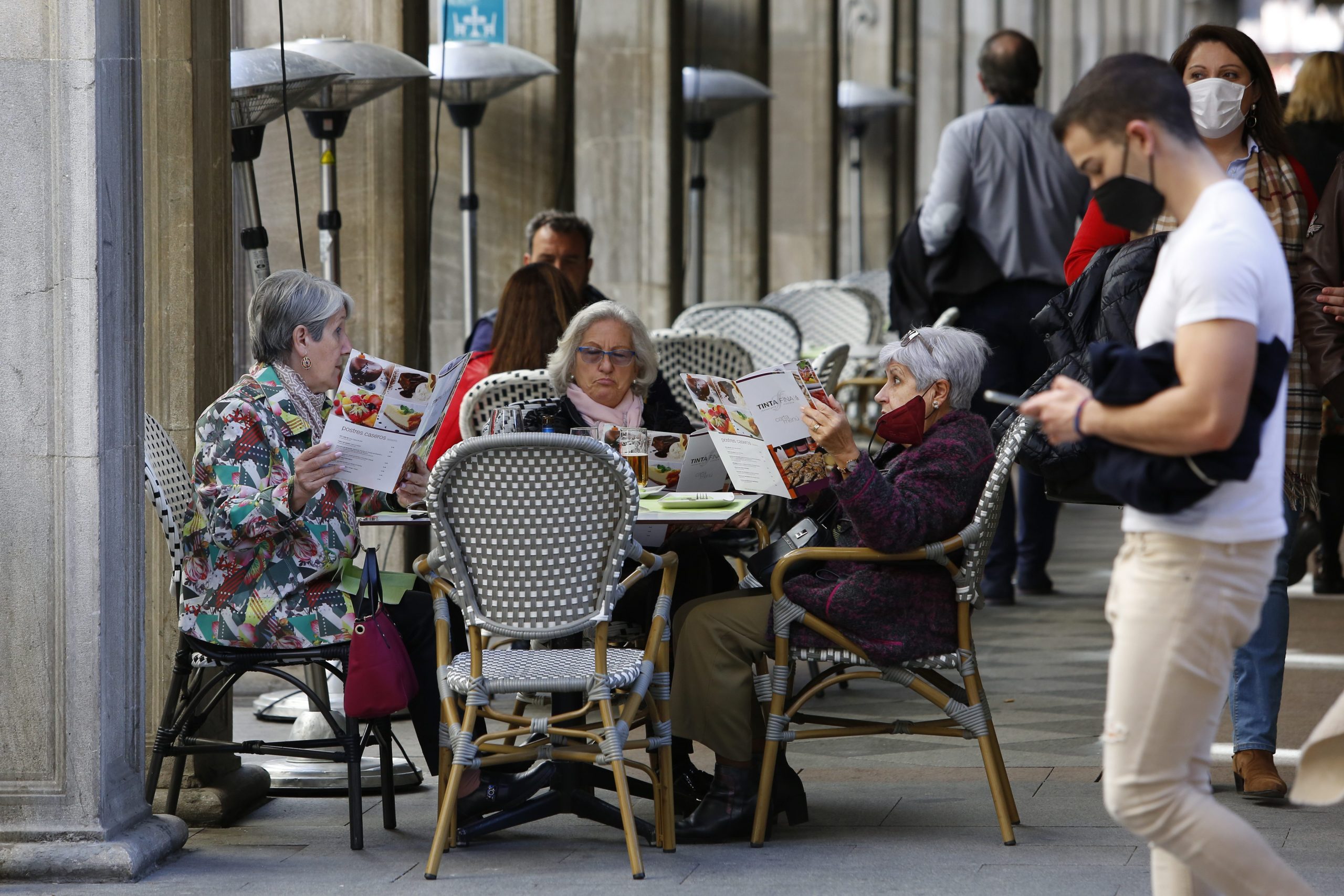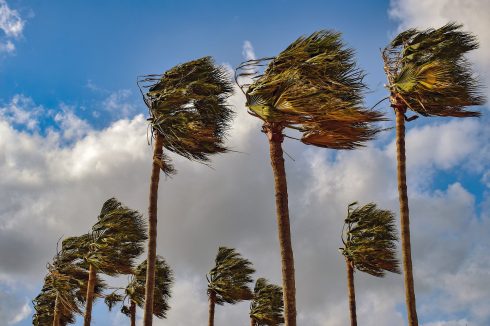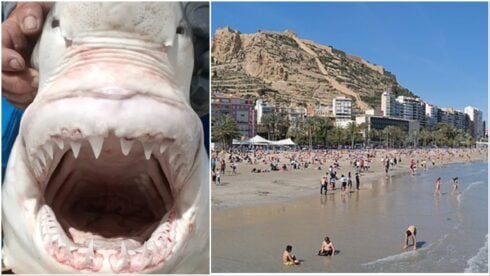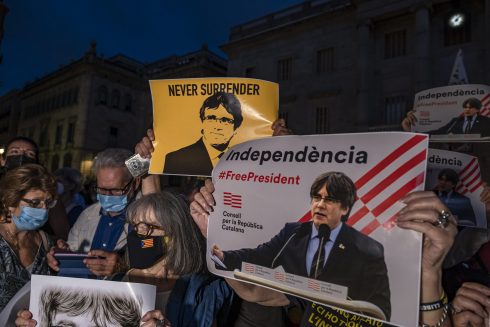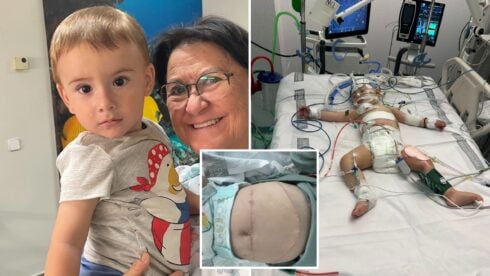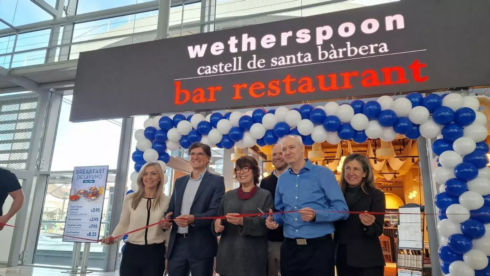THE region of Valencia has moved into a new phase of ‘de-escalation’ of COVID-19 restrictions which begins on Tuesday, September 28 and will last until October 8.
Regional president Ximo Puig announced that if the infection rate continues to decline then Valencian authorities will lift the majority of remaining restrictions on October 9.
However, Puig’s government hopes to reach an agreement with the leisure and entertainment sectors with regards to introducing a Covid passport as a means of fully reopening nightclub venues from October 9.
On Tuesday September 28 most Covid restrictions were lifted in Valencia and all major vaccination centres have been closed.
However, restrictions are not entirely finished. Some remain for now, and they differ per sector:
Nightclubs
Between September 28 and October 8 dancing will return to Valencia’s nightlife scene as local authorities increase capacity permitted to 75%, and will allow tables of up to 10 people.
Karaoke is also permitted, but a mask must be worn!
Opening hours have been extended until five in the morning.
Bars and restaurants
Valencia’s bars and restaurants will now be able to fill 75% of their venues, with tables of up to 10 also permitted. Patrons can now sit at the bar, and closing times have returned to normal.
Shops
All capacity and time restrictions imposed on commercial sector businesses have been lifted.
Culture and leisure
Restrictions affecting cinemas, theaters, museums, auditoriums, libraries and festivals are no longer in place in the Valencia region.
Wakes and burials
Up to 75% capacity for indoor events, with no restrictions for outside gatherings, presuming safe distances can be guaranteed.
Sports
If participating in a sporting activity, the capacity for the use of showers and changing rooms has been increased to 75%.
Venues are required to stagger the exit of spectators to avoid crowding.
Indoor sports facilities and indoor and outdoor swimming pools are now permitted up to 75% capacity.
Events and professional sports
Valencia has also eliminated some restrictions on attending major sporting events.
However in the case of football and basketball games, a limit remains of 60% capacity in open-air stadiums and 40% capacity in closed venues.
However, the number of spectators is now unlimited.
Authorities also advise patrons to remain one seat apart in the same row in the case of fixed seats or 1.5 meters apart if there are no fixed seats, unless sitting with members of the same household.
The capacity of any other event that attracts crowds will remain at 50% capacity indoors and 75% if held outdoors, but there is now no limit on the number of people able to attend.
Vaccination centres
From Wednesday all major vaccination centres in Valencia will be closed. The move marks the end of a macro-vaccination campaign that saw 5.3 million vaccine doses dispensed by the Valencian region.
“Mission accomplished” were the words of the president of the Generalitat, Ximo Puig, who has confirmed the closure of the 133 vaccine centres which have vaccinated 87.6% of the population over 12 years of age.
But Puig urged caution, and asked people that have not yet been vaccinated to “make an appointment at their health center” that will now administer the vaccine.
He also announced the closure of three field hospitals that had been used to treat covid patients. They are expected to close at the end of the year. According to Puig, they will remain open for now to protect against any unforeseen “eventuality”.
READ ALSO:
- COVID restrictions set to be loosened for bars and restaurants across Spain’s Balearic Islands
- Spain’s Malaga on verge of dropping to low risk rate—which sees all restrictions on capacity and opening hours eliminated
Click here to read more Valencian Community News from The Olive Press.

